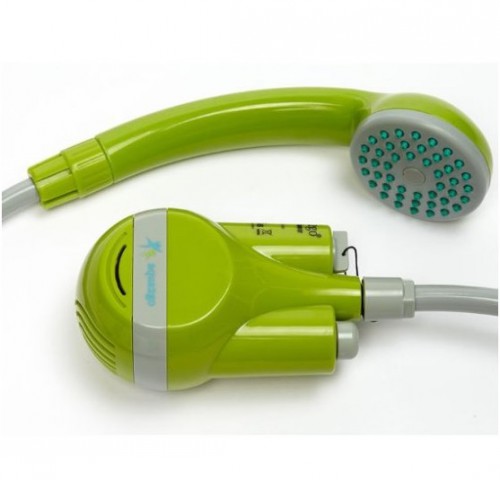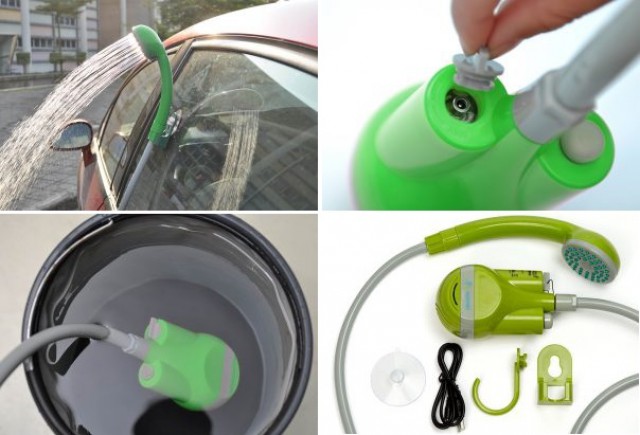
SANSWISS SOLINO skladacia vaňová zástena 90 montáž vľavo, matná čierna, číre sklo s úpravou AquaPerle SOLB2G0900607

SANSWISS SOLINO skladacia vaňová zástena 90 montáž vpravo, matná čierna, číre sklo s úpravou AquaPerle SOLB2D0900607

Ravak Chrome - Rohový sprchový kout čtyřdílný CRV2 - 80, 780 - 800 mm - barva satin, sklo transparent 1QV40U00Z1 od 10 106 Kč - Zbozi.cz



















